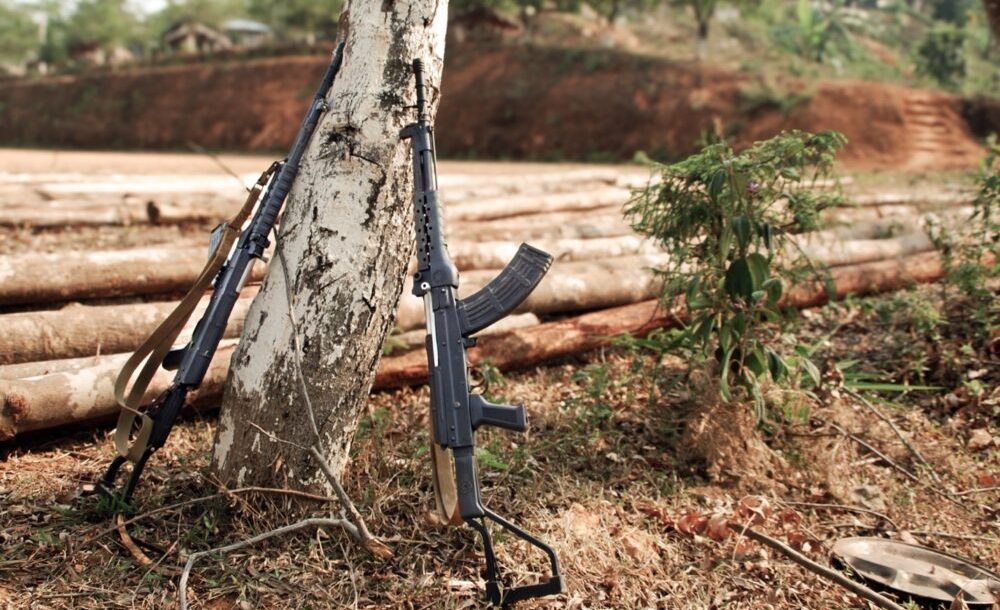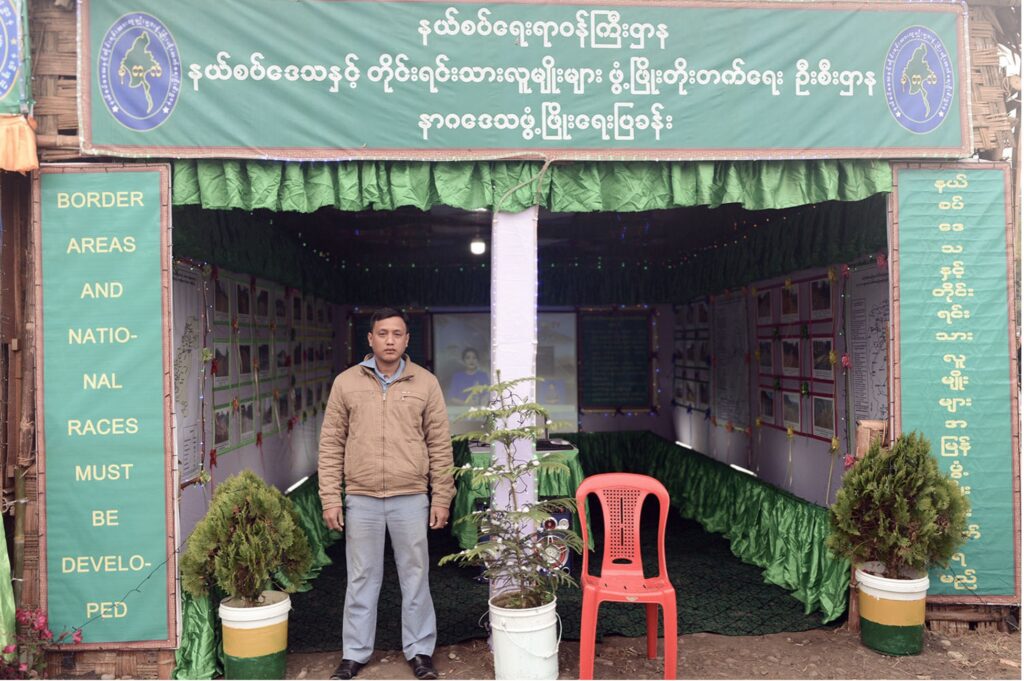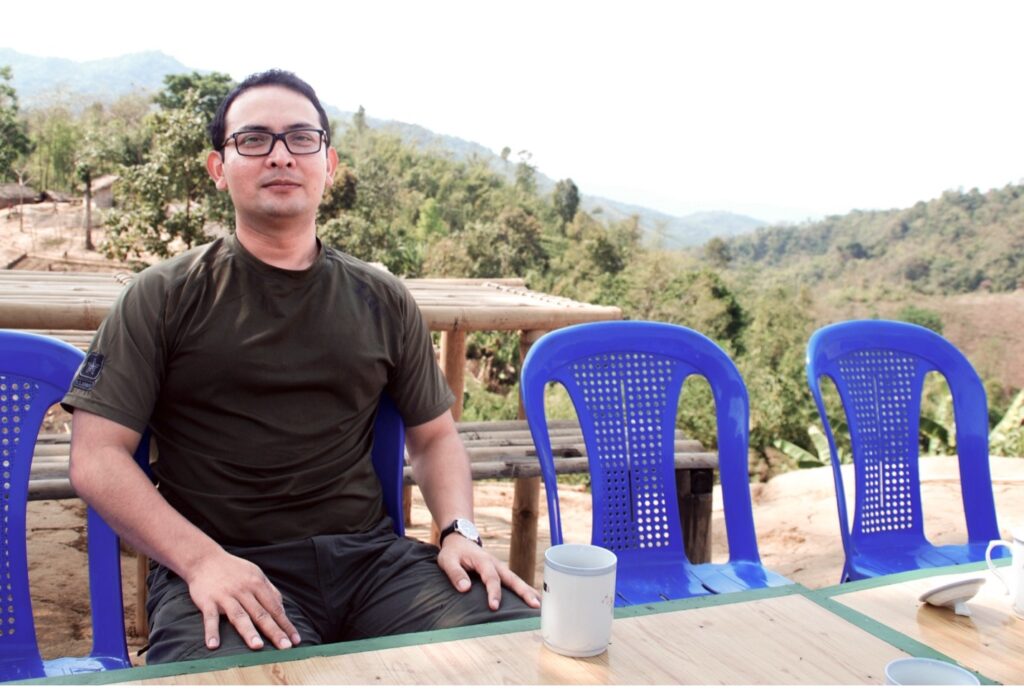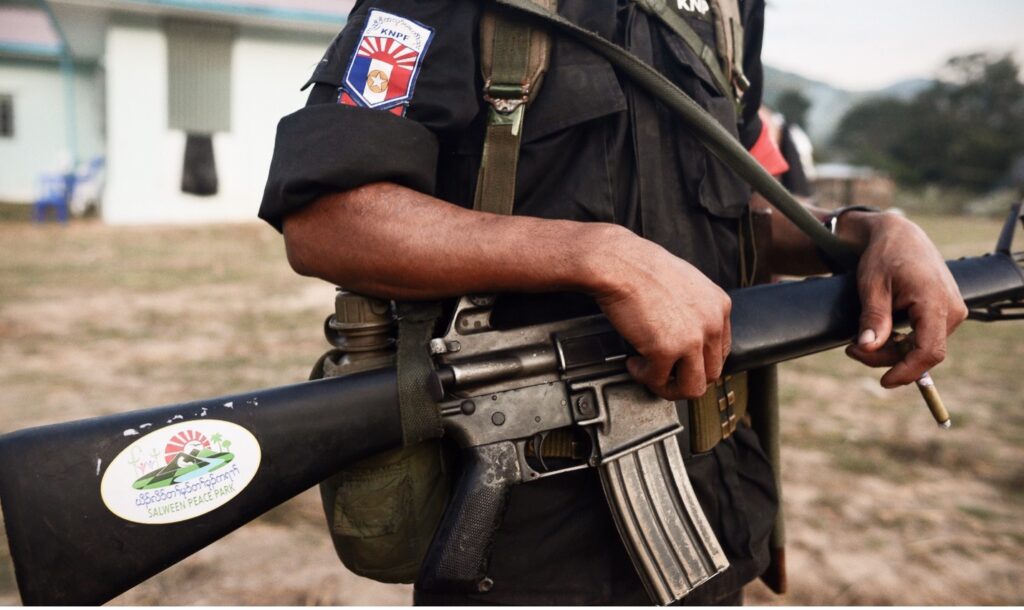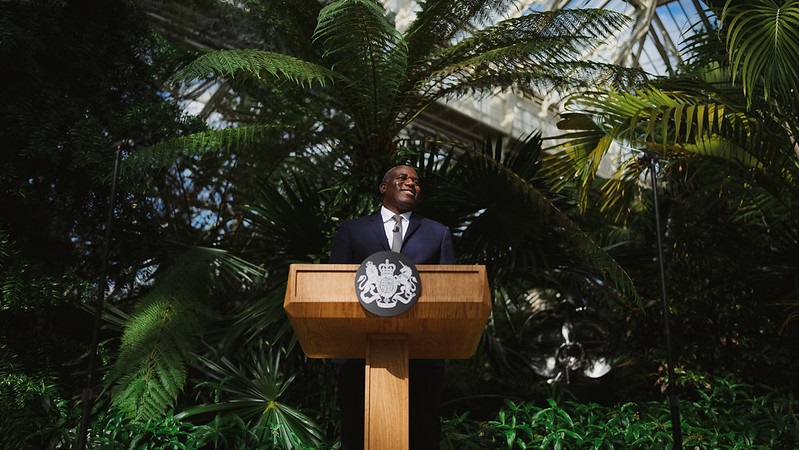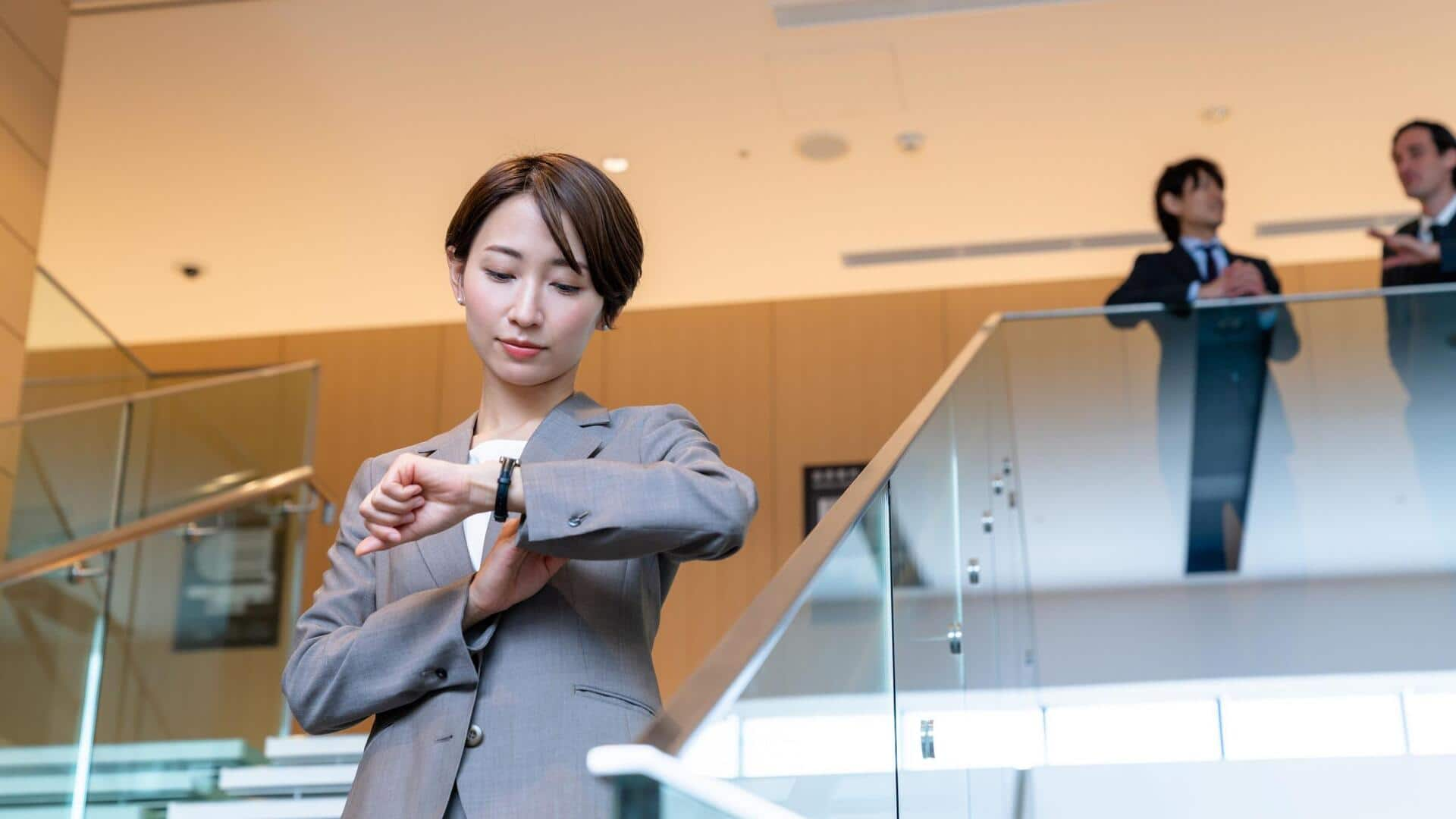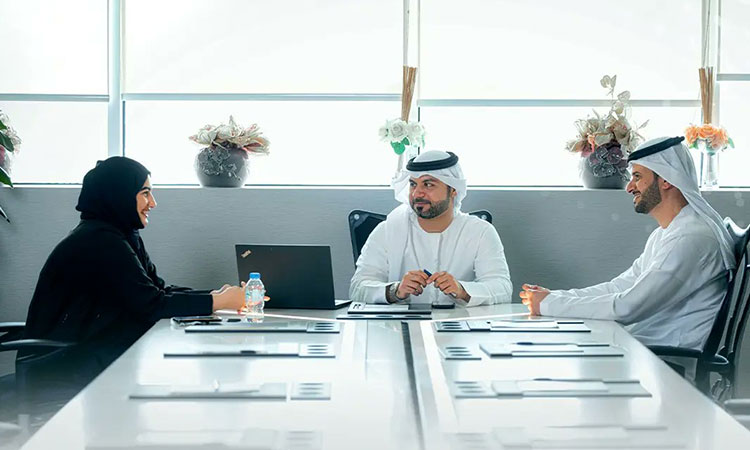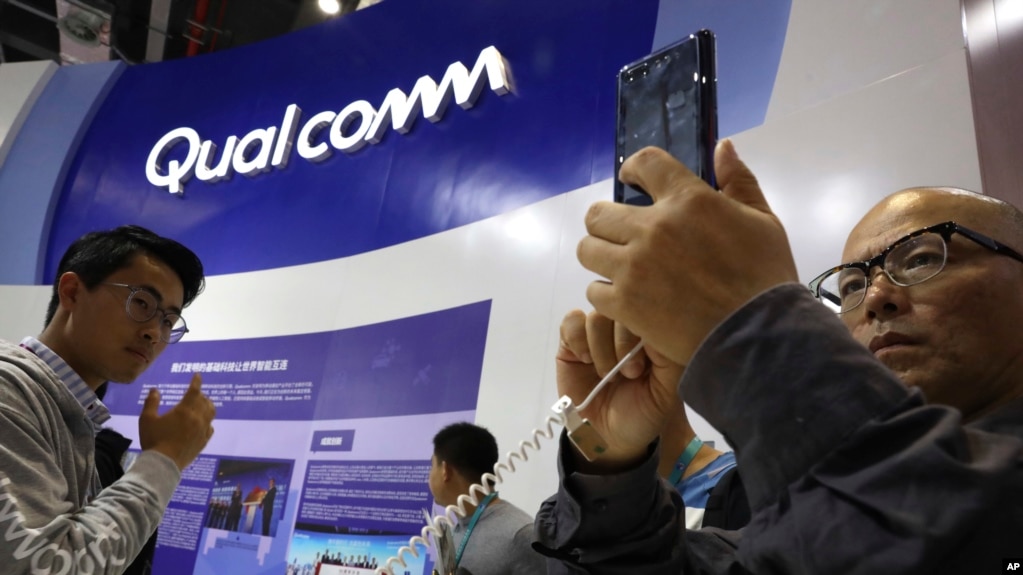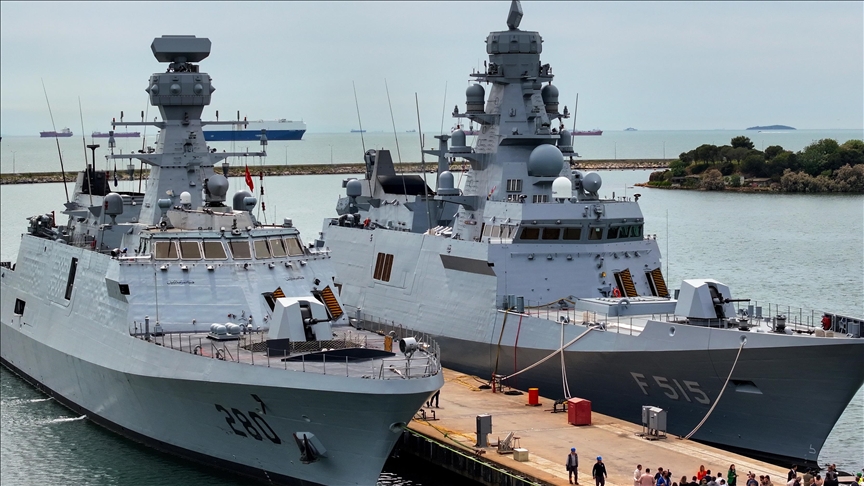09/18/2024
Thousands of Syrian refugees continue to be denied safe asylum and face violations of their rights, with Human Rights Watch accusing Europe of complicity
(Beirut) Hassan has made up his mind. This young Syrian refugee wants to leave Lebanon. In the country where he has lived since the civil war broke out in his own country, there are no opportunities for him and racism has already turned into violence against those like him for months.
“I want to try again,” Hassan told The Media Line, showing videos of his previous attempts. He once reached the Italian coast, over 2,000 kilometers from where he set off. Another time, he made it to Cyprus, just 200 kilometers from Lebanon.
But, on both occasions, the sweet dream of a dignified future on the European continent lasted only a few minutes. Hassan and his fellow travelers were returned to Lebanon. Like them, there have been many others. Thousands of Syrian refugees have once again become victims of even more violations of their human rights.
In this case, the perpetrators are the Lebanese Armed Forces and the Cypriot authorities. A new report by Human Rights Watch (HRW) shows that agents from both countries work together to prevent refugees from reaching Europe and then deport them despite the danger they face in Syria. Caught between a home country at war and a host country mired in one of the worst economic crises in recent decades, some Syrian refugees choose to seek a better life in Europe.
But Europe, too, is unwelcoming. Cyprus, the nearest European shore to Lebanon, has seen hundreds of Syrians embark on overcrowded boats with anywhere from 17 to 200 people, according to refugees interviewed by HRW. Some of them are also desperate Lebanese and Palestinian citizens.
In its report, “I Can’t Go Home, Stay Here, or Leave: Pushbacks and Pullbacks of Syrian Refugees From Cyprus and Lebanon,” HRW states that many refugees are stopped before even reaching the sea. Lebanese Armed Forces and Internal Security Forces frequently raid boats and coastal departure points, blocking refugees from leaving.
These arbitrary arrests violate Syrian refugees’ right to leave. Even those who reach the sea aren’t safe. Some report being attacked by Lebanese and Cypriot forces while still in the water to prevent their arrival. Once they enter the European Union, their human rights violations continue.
In Cyprus, the authorities deny them the right to asylum procedures and they are forcibly returned to Lebanon with the risk of being expelled back to Syria
“In Cyprus, the authorities deny them the right to asylum procedures and they are forcibly returned to Lebanon with the risk of being expelled back to Syria,” Nadia Hardman, a refugee and migrant rights researcher at HRW, told The Media Line. Refugees also report “‘cruel, inhuman or degrading treatment” by Cypriot officials.
Authorities disregard refugees’ status and the dangers of deporting them to Syria. “The United Nations refugee agency (UNHCR) has declared that Syria remains unsafe for Syrians to return to and has called on governments not to return their citizens there,” Hardman said.
Despite these recommendations, both Cypriot and Lebanese authorities ignore them. Expelled refugees report that Lebanese Army officers in Beirut hand them over to Syrian soldiers or unidentified armed men across the border. Neither Lebanese nor Cypriot authorities provide clear legal justification for their actions, and the refugees are denied access to international protection procedures.
In 2023, the UNHCR recorded 13,772 people either expelled from Lebanon or returned at the Syrian border, a violation of the principle of non-refoulement and the ban on collective expulsion of vulnerable groups like Syrians.
“Once in Syria, expelled refugees faced not only detention by the Syrian army, but also extortion by armed men for payment to be smuggled back to Lebanon,” the HRW report notes. The organization has documented cases of detained returning Syrians being persecuted, tortured, and even killed by Syrian government forces.
Once in Syria, expelled refugees faced not only detention by the Syrian army, but also extortion by armed men for payment to be smuggled back to Lebanon
In May, the European Union allocated a €1 billion aid package to Lebanon through 2026, including funds for the Lebanese Armed Forces and other security forces for border management and anti-smuggling efforts. Between 2020 and 2023, the EU and its member states provided up to €16.7 million to Lebanese security agencies for border management projects aimed primarily at reducing irregular migration.
“With all this funding, the EU is complicit in the abuses of the Lebanese Armed Forces against Syrian refugees,” Hardman said. “Despite the fact that this humiliating treatment is widely known, the European authorities have not implemented any monitoring mechanism for abuses or made funding for projects conditional on the actor receiving it violating human rights,” she added.
Like Hassan, the Syrian refugees interviewed have attempted to leave Lebanon by boat between three and five times. Many persist despite being stopped by Lebanese authorities or turned away by Cypriot officials.
Any kind of abusive migration control measures are not going to work, as they have been proven time and again to be ineffective
“This shows that any kind of abusive migration control measures are not going to work, as they have been proven time and again to be ineffective and do not stop them from trying to reach European shores; all they do is make the journeys more dangerous,” Hardman said.
According to Hardman, refugees like Hassan “have no legal avenues to leave, so they will always use irregular crossings by boat,” calling for “more resettlement avenues for Syrian refugees in Lebanon.” Hassan echoed this sentiment: “Here there is no life, only suffering; life in Europe is better,” he said.


